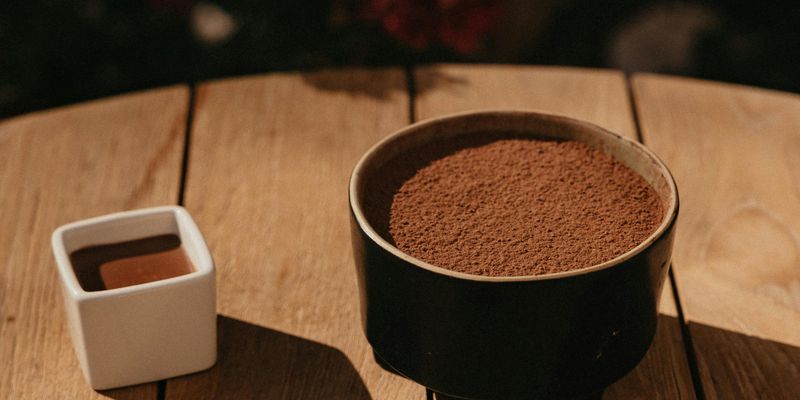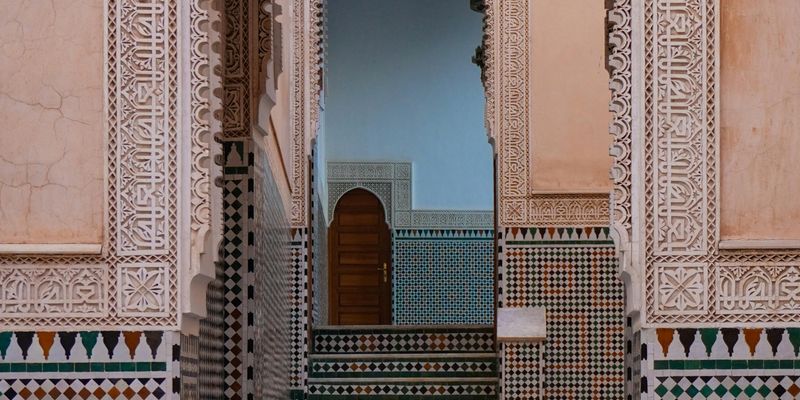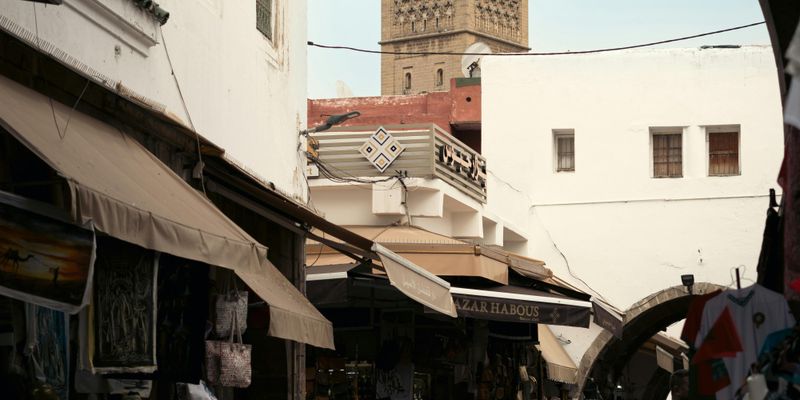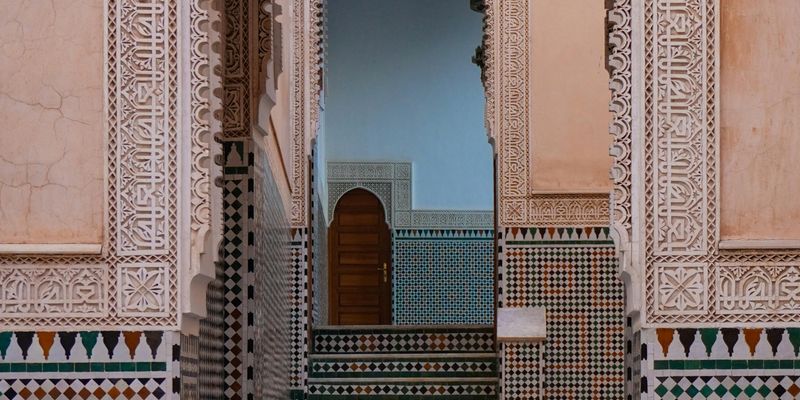
Introduction: A Culinary Adventure Awaits
When you think of Moroccan cuisine, the first things that may come to mind are tantalizing tagines, fragrant couscous, and the warm aroma of spices that fill the air. As a Moroccan, I can tell you that our food is not just about flavors; it’s about culture, tradition, and the heartfelt connections we make through sharing meals. Join me as we embark on a culinary adventure that will delight your taste buds and introduce you to the rich tapestry of our food culture.
The Spice of Life: Understanding Moroccan Spices
Moroccan cuisine is a symphony of spices. We use a variety of them, including cumin, coriander, cinnamon, and paprika, creating unique flavor profiles that are simply unforgettable. The blend of spices known as ras el hanout is a staple in many dishes; it translates to "head of the shop" and signifies the best spices a seller has to offer. You can find ras el hanout in many tagines, the iconic slow-cooked stews that simmer for hours, infusing the ingredients with deep flavors.
Cooking with Love: The Tagine
Speaking of tagines, this traditional cookware defines Moroccan cooking. The conical lid allows steam to circulate through the dish, tenderizing meats and blending the flavors beautifully. A personal favorite of mine is tagine dlmou, a lamb tagine cooked with prunes and almonds, which strikes a perfect balance between savory and sweet. Sharing a tagine with family or friends is a true joy, as the communal nature of the dish brings everyone together at the table.
The Sweet Side of Morocco: Pastries and Mint Tea
No culinary exploration of Morocco would be complete without indulging in our beloved pastries and mint tea. Briouat, for example, are crispy pastries filled with almond paste, often drizzled with honey. Completing your meal with a glass of freshly brewed mint tea, known as “Moroccan whisky,” is essential. You’ll quickly learn that pouring the tea from a height is not just for show; it aerates the drink, enhancing its flavors and creating a delightful froth.
Farm-to-Table: Markets and Fresh Ingredients
To truly appreciate Moroccan cuisine, a visit to one of our bustling souks (markets) is a must. The Marrakech souk, for instance, is a riot of colors and scents, where you can find fresh vegetables, spices, and fruits at every turn. It is here that I always buy locally sourced ingredients, whether it be juicy tomatoes for my salad or fragrant herbs for a flavorful dish. The emphasis on fresh, local produce is pivotal to the authenticity of Moroccan cooking.
The Heart of Hospitality: Moroccan Dining Culture
In Morocco, meals are a time for connection and interaction. It’s common to start with a round of harira, a delicious soup usually served during Ramadan, followed by a main course and then desserts. Meals often extend for hours as friends and family share stories and laughter. This warm hospitality is a core part of our culture, and it reflects the importance of food as a means of bringing people together.
Conclusion: A Journey to the Heart of Moroccan Flavors
Morocco is more than just a destination; it’s an experience for the senses, particularly for the taste buds. From the spices to the tagines, pastries to markets, every moment spent discovering our food culture is a moment spent closer to the heart of our nation. So, as you plan your trip, remember to leave room not just in your suitcase, but in your heart and appetite for the culinary wonders of Morocco. Let the flavors of our country weave their magic on you, and you’ll return home with stories to tell and memories to cherish.







